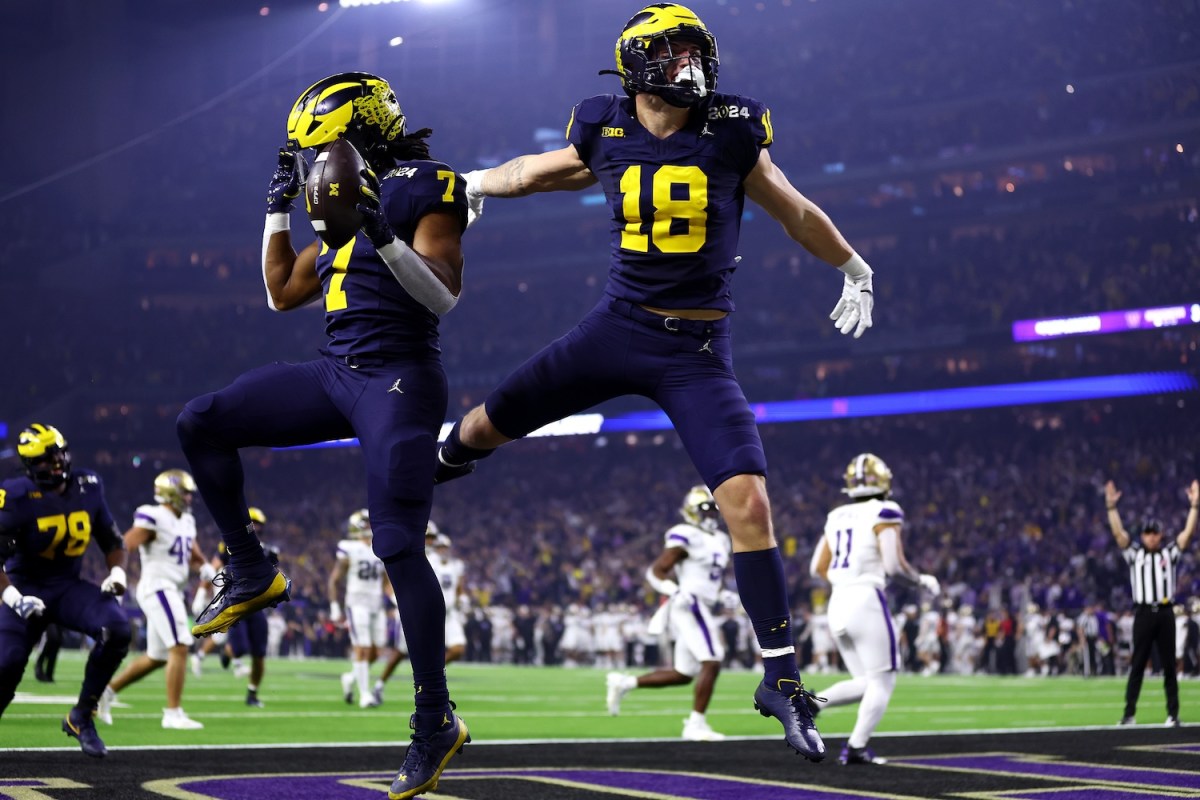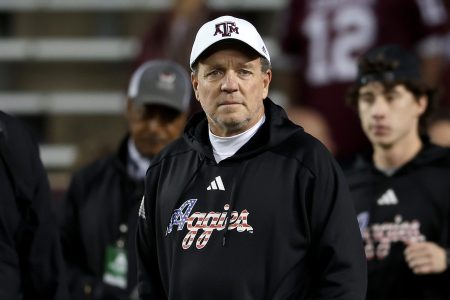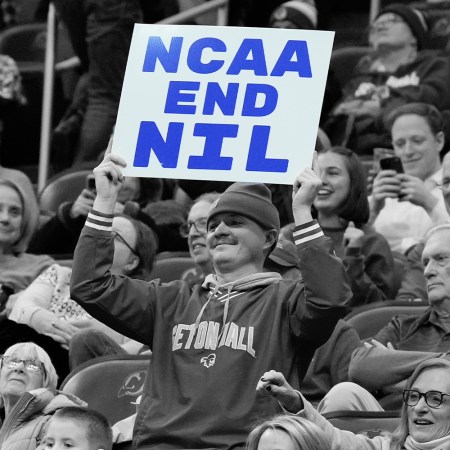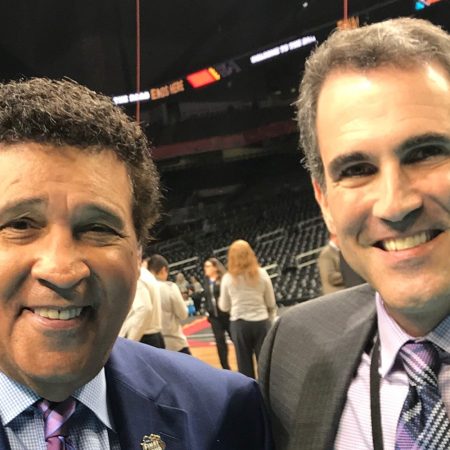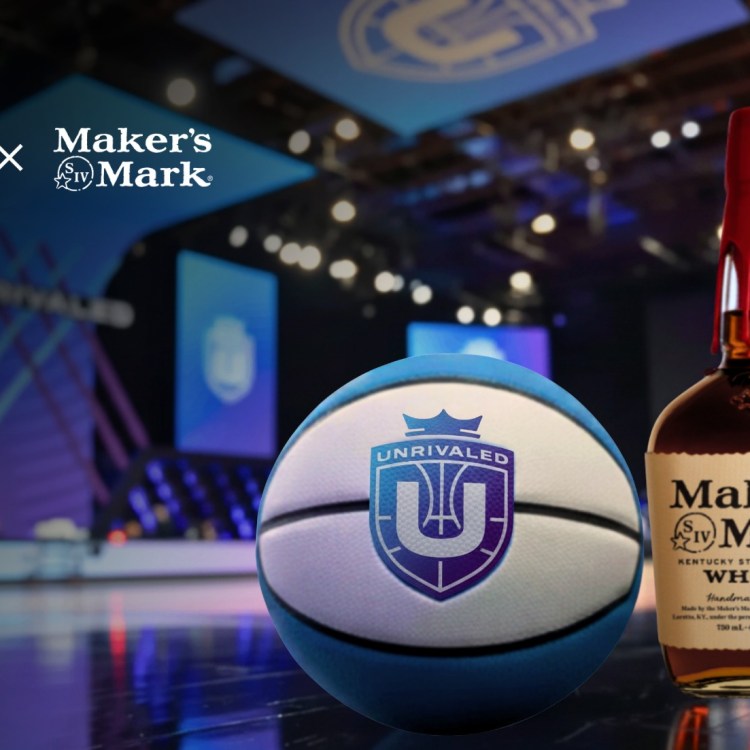Coming off a national championship for its football team, the University of Michigan just took additional steps to make the school a more attractive destination for top high school recruits — or kid athletes even younger than that. On Wednesday, the school’s athletics department announced it had made a “strategic investment in the growth of its in-house NIL (Name, Image and Likeness) program” by creating an executive general manager position and a senior manager of business development. The jobs are being built with the respective assistance of Altius Sports Partners, an advisory firm focused on NIL deals, and Learfield, a sports marketing company.
The school’s athletics department called the maneuver a “strategic play to empower its student-athletes” and a “forward-thinking initiative.”
“Michigan’s new structure ensures that U-M student-athletes have a centralized point of contact,” a press release stated, “and access to specialized expertise, enabling them to navigate and maximize NIL opportunities skillfully.”
In other words, they’ll have a better chance to make more money at Michigan.
Fired College Football Coaches Are Having a Very Lucrative Year
Texas A&M is on the hook to pay Jimbo Fisher $76 millionFor many years, the schools that student-athletes have attended, and sweat and bled for between lines of competition, made billions while compensating the talented young people fans paid to see with mere scholarships. Any rewards beyond that were not permitted — though that didn’t stop school leaders from proverbially (and probably literally, too) passing envelopes underneath tables to their biggest sports stars. In the eyes of many, including members of the Supreme Court, that system was unfair to the student-athletes. Their supporters have called it “exploitative.”
NIL deals have given student-athletes the right to earn money by leveraging their abilities and mass appeal, in lieu of direct salaries, which are perhaps on the way as well. On one hand, it’s easy to say that NIL deals and additional monetary compensation arrangements that may come to pass are just outcomes for them. They’ve always looked like professionals — and were expected to behave as though they were — particularly when performing in front of packed arenas.
But these particular athletes are not, have never been and won’t ever be the age of the professionals who are paid handsomely because they, too, play in front of large crowds. There’s something unsettling about the University of Michigan’s approach — one that is sure to be mimicked by its competitors, if it hasn’t already — when considering the fact that the school will be utilizing this program as a pitch to kids who are typically 17 or 18 years old, and as young as 13. Most are minors, and in the broader context of society, they don’t have as many rights as adults due to biological development considerations. In other words, we won’t let them drink alcohol or vote in elections, but apparently we will allow them to make choices where millions of dollars are at stake?
Hopefully the University of Michigan and any other school that focuses so heavily on athletics for revenue generation will handle these scenarios with sensitivity and genuine care for the kids’ best interests.
The Charge will help you move better, think clearer and stay in the game longer. Subscribe to our wellness newsletter today.
